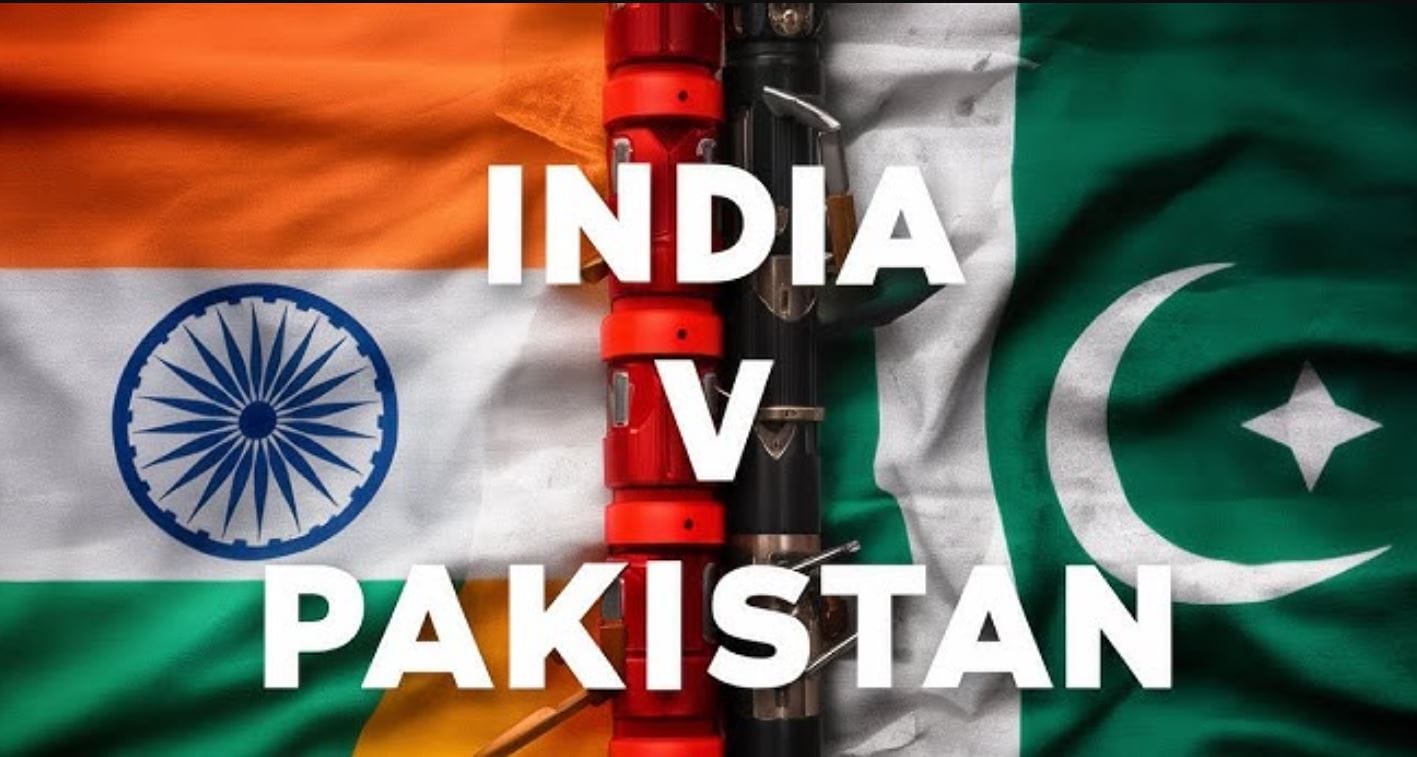India and Pakistan, despite a fresh round of ceasefire violations and heightened military tensions along the Line of Control (LoC), are actively avoiding an all-out war.
Here are the top five reasons driving this restraint:
1. Nuclear Deterrence
Both nations possess nuclear weapons, making the cost of escalation extraordinarily high. The risk of even a limited conflict spiraling into a nuclear exchange acts as a powerful deterrent. Recent clashes have reignited fears of nuclear brinkmanship, with both sides aware that a miscalculation could have catastrophic consequences for the region and beyond.
2. International Pressure and Mediation
The United States and other global powers have intervened diplomatically, urging restraint and facilitating dialogue. The latest ceasefire was reportedly mediated by the US, reflecting the international community’s vested interest in preventing a wider conflict between two nuclear-armed states.
3. Economic and Civilian Costs
Full-scale war would devastate both economies and cause immense civilian suffering. The recent escalation already led to the closure of airports, airspace restrictions, and civilian casualties. Both governments face domestic pressures to avoid further economic disruption and loss of life.
4. Fragile but Functional Communication Channels
Despite deep mistrust, military hotlines, flag meetings, and Director General of Military Operations (DGMO) calls remain operational. These mechanisms help manage crises, prevent misunderstandings, and allow for quick de-escalation, even after ceasefire breaches.
5. Strategic Priorities Elsewhere
Both countries are managing other security challenges. India is focused on its border with China, while Pakistan faces internal security threats and instability along its western frontier. A major conflict would overstretch military resources and undermine other strategic objectives.
While the ceasefire remains fragile and violations continue to test its limits, the overwhelming logic of mutual deterrence, diplomatic engagement, and the high costs of war ensure that both India and Pakistan are motivated to avoid an all-out conflict. However, the situation remains tense, and sustained peace will require ongoing vigilance and political will on both sides.





